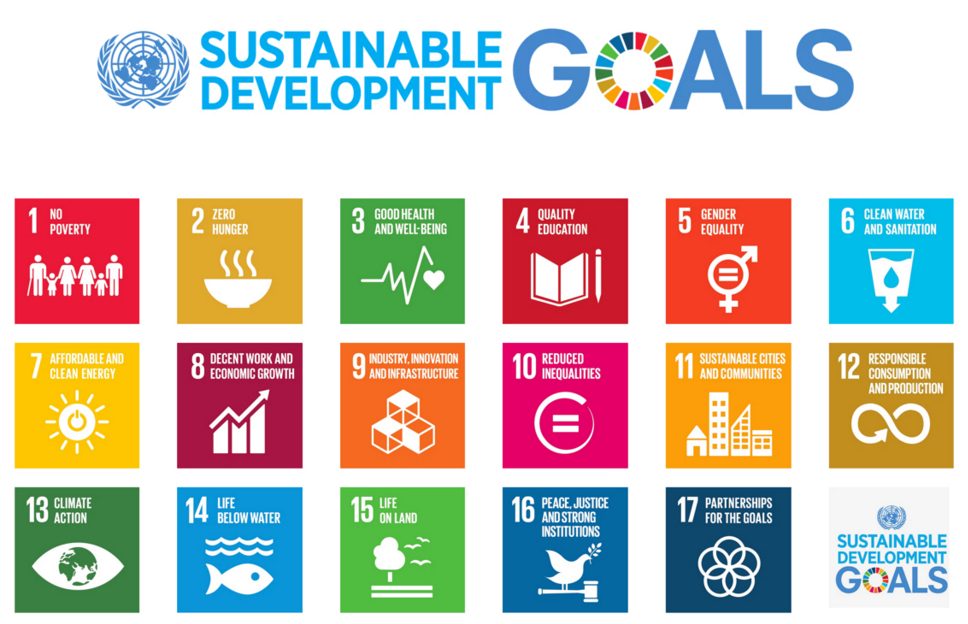The last of this year’s “Yumi Olgeta” discussion facilitated by the United Nations on the Sustainable Development Goals (SDG) brought to light a lot of challenges by this pact. Challenges that are faced not only by Papua New Guinea but also other nations who have signed up to these goals.
But just like the saying goes, “where there’s a will there’s a way”; there are always solutions to every problem.
See the SDGs were made after the Millennium Development Goals or MDGs. The United Nations came up with this set of universal goals so that the 193 states that signed up to it can align their policies to achieve these goals within the next 15 years. There are 17 goals that the UN set out and they are mainly focused on moral issues. Meaning this is based on what humans think is right or wrong and should be fixed.
According to Ms Christine Aisoli, First Assistant Secretary at Policy and Budgets Division, Department of National Planning and Monitoring, the threshold for the SDGs are too high for a country like Papua New Guinea. Ms Aisoli said that but nonetheless DPM is taking baby steps to address the SDGs. Ground work commenced on time which is a good start considering the fact that the MDGs were kick-started, in PNG, 3 years after the MDGs were launched globally.
Mr. Pio Smith, the UN representative speaking on the night said, that the SDGs can be achieved, it’s not about charity; wealthy giving to the less wealthy, it’s about having smart plans. Tracking where and how funding is spent and most importantly data collection.
Mr Smith emphasised that every individual has a role to play in the SDGs implementation. Just because the government signed up to it doesn’t mean that they are the only ones tasked to meet these goals.
David Toua, the current President of the Business Council of Papua New Guinea and the General Manager for Corporate Affairs at Steamships Limited stated that businesses have a main goal and that is to make money. But they also have community activities that work towards achieving the SDGs. He mentioned that the SDGs are interconnected and certain activities achieve more than two goals. Representing the business sector, Mr. Toua, said that the business community is doing their best in addressing the SDGs.
Youth representative was Bronwyn Kili, President of the Youth Adolescent Health Club and a peer educator of Young Women Christian Association (YWCA). Miss Kili has been very active in creating awareness for the SDGs. “As young leaders of tomorrow the SDG’s will have a big effect on us as in 15 years most of the youth will be adults,” said Miss Kili. She has been advocating to the youth on what the SDGs mean and how it will affect their future decisions.
All speakers made it clear that the SDGs are every individuals business and it is possible to for us to achieve. They are challenging but still possible.


